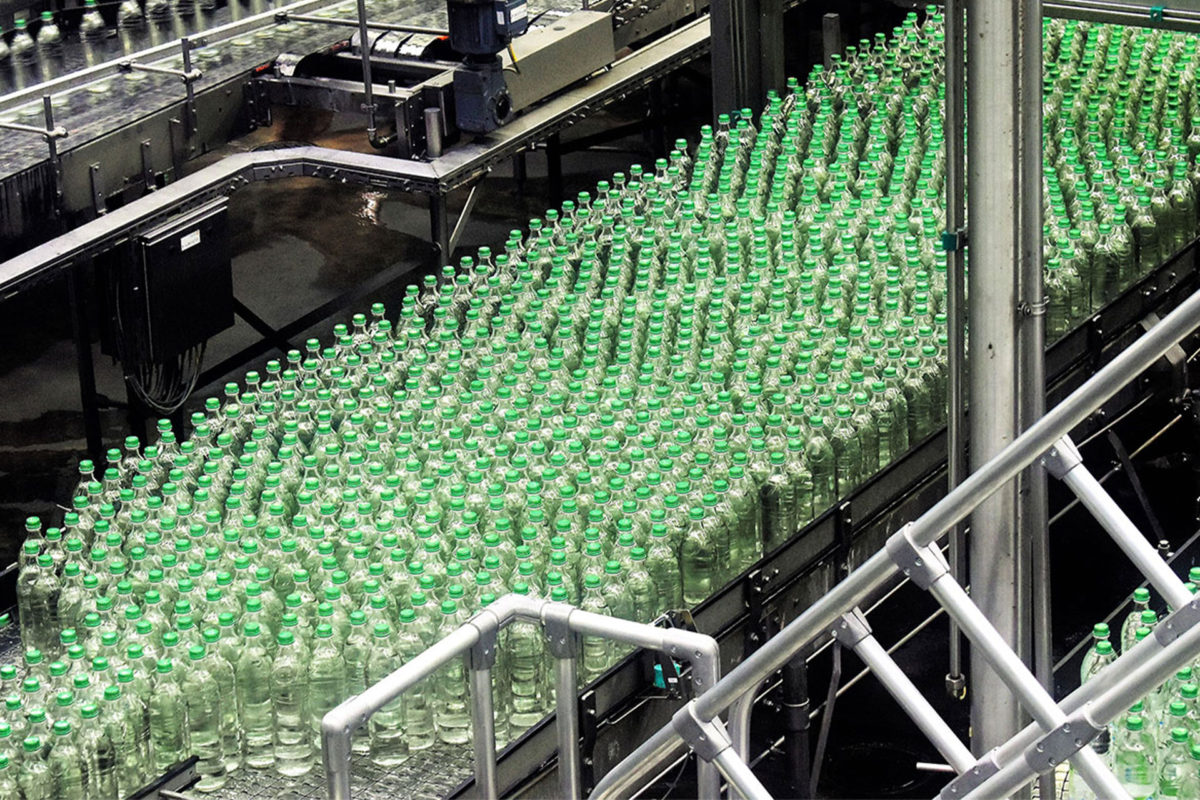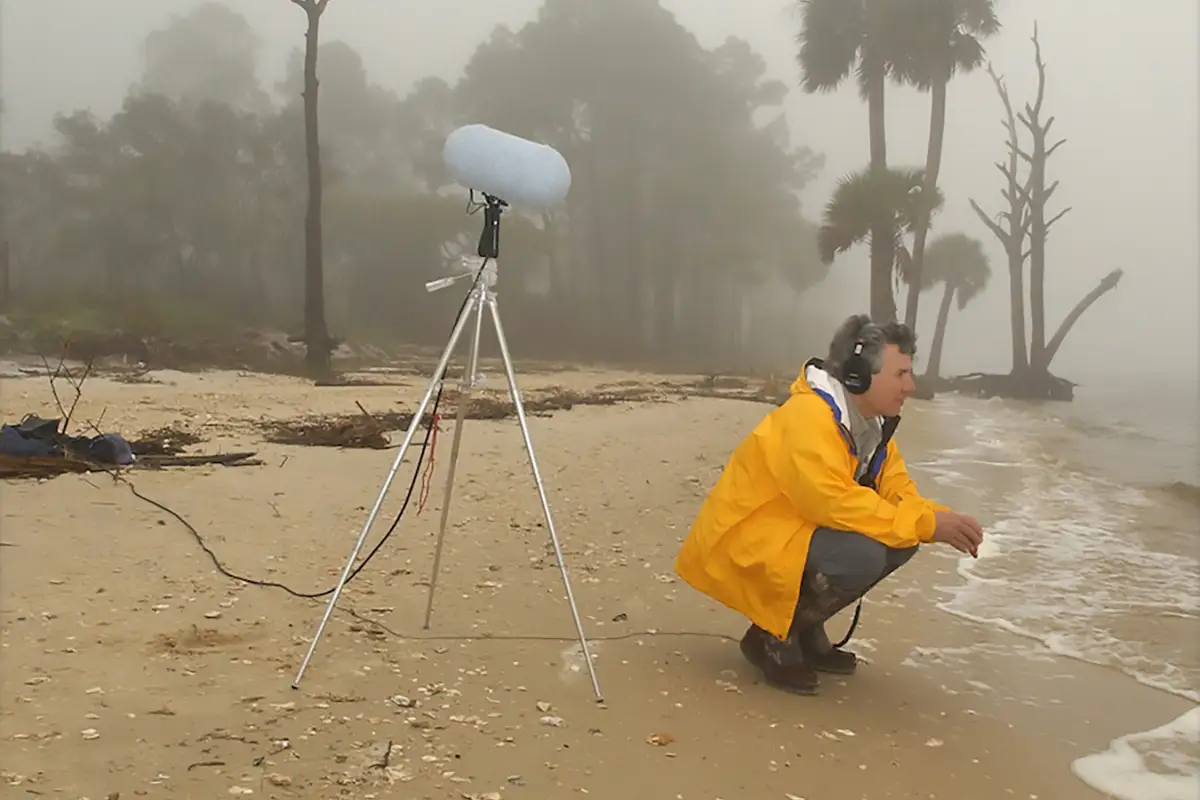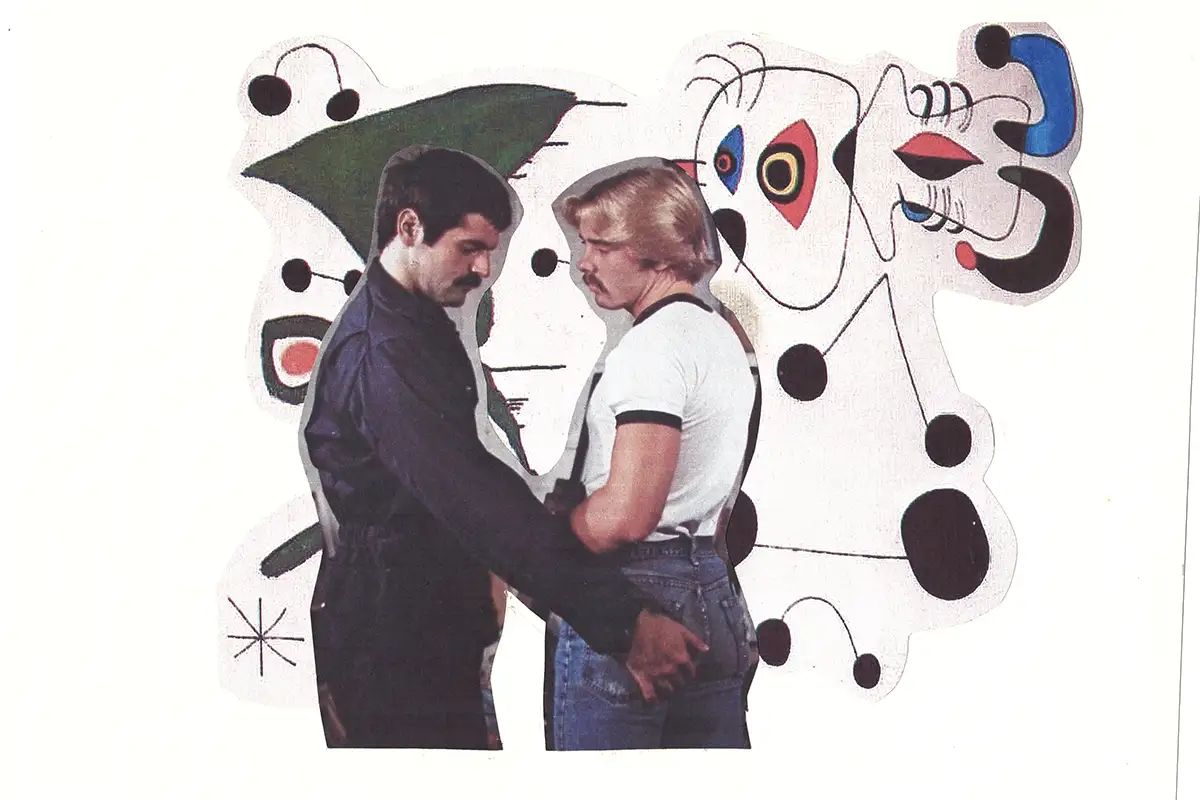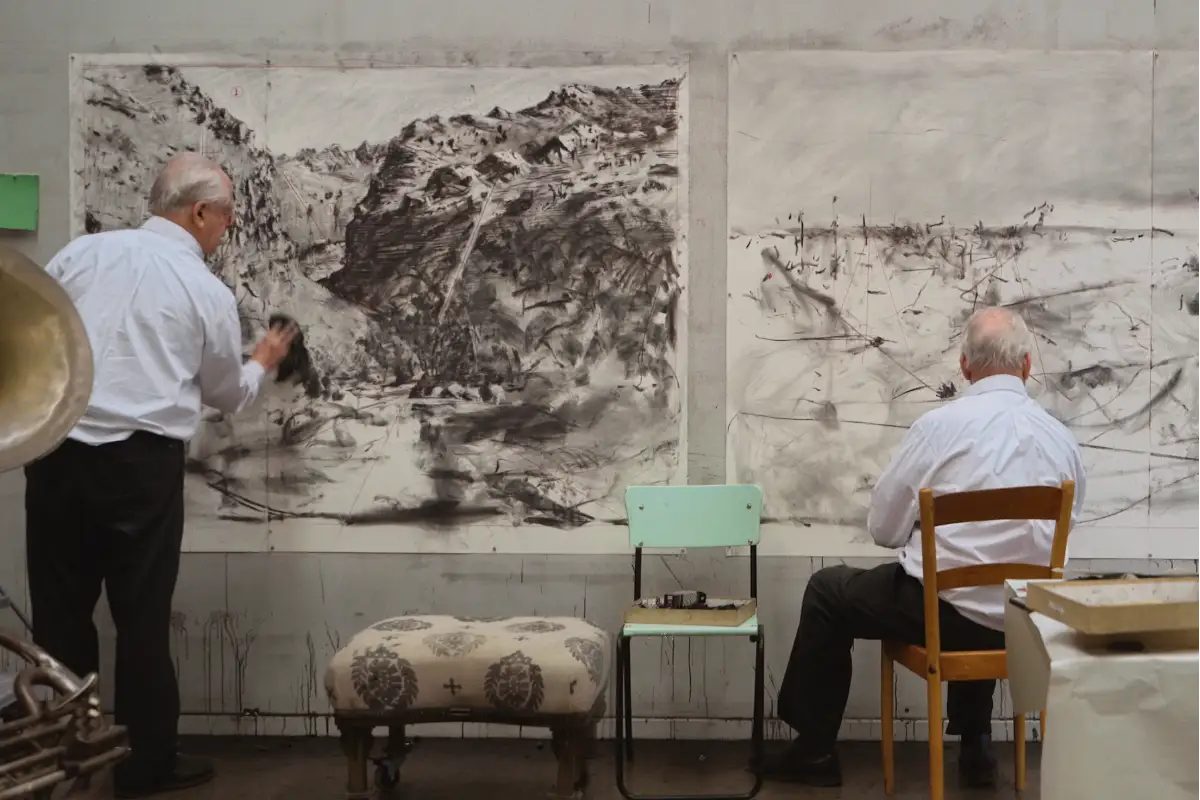Billions of q-tips and other single-use items are thrown away each year. Danish company LastObject wants to eliminate them, one product design at a time, while tackling plastic waste
LastObject, a Denmark-based initiative that works towards decreasing the impact of single-use items
Everyday use products for makeup and skincare: q-tips (used for ears and makeup), cotton rounds, tissues, and now single-use face masks are all thrown out within a few minutes. Characterized as items disposed of after one use or a few minutes after, in most cases they are made from petrochemicals. Fossil fuel-based chemicals are an invisible product category that often goes unnoticed when it comes to wastage. These tools are quickly discarded after less than one minute of use.
They will most likely end up in landfills, taking hundreds of years to disappear, or in the ocean at worst. Single-use wipes have been found particularly problematic in the UK as they contribute to pollution and sewage blockages; people use 1.1 billion wet wipes and 1.8 billion plastic-stemmed q-tips every year. The beauty industry is valued at $532 billion, with new brands and products being produced (and over-produced), and as those brands that rely on plastic packaging, the waste increases.
This issue is the focus of LastObject, a Denmark-based initiative that works towards decreasing the impact of single-use items. The first product was launched on Kickstarter in early 2019 after working on various environmental projects independently. Co-founder of LastObject, Isabel Aagaard, speaks about the brand’s circularity and the campaign for Green November. She and the founding designers, Nicolas Aagaard and Kåre Frandsen, plan to tackle plastic waste in the beauty industry, one single-use item at a time.
Choosing plastic alternatives as a solution
Plastic is created to last for years and was first introduced in the fifties as a cheap alternative to metal and glass. In the current climate, people have become interested in recycling, but only 12 percent of 8.9 billion metric tons of plastic have been recycled – the rest takes over 400 years to decompose. Choosing plastic alternatives is the solution. Plastic-free options are few, and plastic alternatives also have issues; glass consumes a considerable number of energy to produce; it is fragile and does not work for all types of products. There are cosmetic companies that create packaging-free solutions, like the British company Lush, and Swedish skincare brand REN using post-consumer recycled plastic.
Global conglomerates could make a difference, but Aagaard states it is difficult for big companies to change and be agile, even though doing so would positively impact the environment. Companies like LastObject evaluate their products and their circularity. Brands that offer reusable straws and cups, water bottles, and others, lack in offering to replace single-use beauty items, which is where LastObject comes in. «We made a list of different items – straws and to-go cups. There are some items like a q-tip that were not investigated, so this is where we started – we saw we could solve this with our design backgrounds», Aagaard explains.
Lampoon review: LastObjects designs
LastObject was founded to tackle these issues; their new product is a face mask and sanitizer kit, LastMask, as a response to single-use masks during Covid-19. The throwaway mask numbers are rising; the BBC has reported that 129 billion single-use masks have been used globally while evidence suggests they may release harmful microplastics fibers on land and water. The focus of LastObject designs is creating items that are as close to their single-use counterparts as possible (in terms of looks, usage, and feel) but can be used thousands of times, eliminating the waste associated with single-use products.
Another focus is materials (choosing materials with a lower footprint) and design, creating packaging that can be displayed on bathroom counters to increase the value in the consumer’s eyes. «We call ourselves ‘the box company’ because we make a box for every product we create». Since 2019, they have eliminated 908 million single-use products. Apart from being durable, the second focus is selecting materials with a lower footprint. Aagaard explains that the outer case of LastSwab could have been made from steel that would last for many decades, which would outlast the q-tip and create more waste.
A first-of-its-kind reusable and washable q-tip in a corn-based case
Q-tips are one of the most plastic pollutants, with over 1.5 billion produced by companies every day. They are one of the top three single-use items found in seashores after cups and cigarette buds according to the European Parliamentary Research Service, and the European Parliament has sealed the ban on plastic cutlery, q-tips, straws and stirrers by 2021. What will happen to the products already produced by factories? Will they be thrown out in a landfill?
According to the Department of Environment, 1.8 billion plastic-stemmed q-tips are used in England every year. Alternatives may include bamboo-stemmed or paper-stemmed q-tips, which are plastic-free, but the problem remains that they are single-use. Faced with these statistics, Aagaard and her co-founders designed LastSwab, a first-of-its-kind reusable and washable q-tip in a corn-based case. If you used LastSwab everyday, it would last you the equivalent of 2.7 years or up to one thousand uses.
LastSwab biodegradability
With the focus on durability, LastSwab contains a glass-reinforced polypropylene (PP) for the rod of the q-tip and medical silicone and nylon for the ends. «PP is a [type of] plastic, but we could not make it durable enough with other materials like corn or metal. The ends [of the q-tip] had to be soft and closed-surface for hygienic reasons and well melded so that you do not end up with a bit of q-tip in your ear. We found two plastics that have a chemical component together so they cannot be taken apart». The case is corn-based and biodegrades but will soon be replaced.
As a small company, LastObject prides itself on being agile and looking for solutions. The new cases will be made from ocean plastics. «We are switching up the material now because we have researched and found new partners and ways we can help the environment», Aagaard says.
Eliminating fifty billion single-use products by the end of 2023
This is in line with their aim of eliminating fifty billion single-use products by the end of 2023. When looking for a new partner for their ocean waste plastic cases, they faced issues, as buying plastic can be a black market; Aagaard explains why they could not choose recycled plastics for their initial design.
«This new batch is sourced from an ocean collective company that sorts the plastic with a computer, so it is not manually sorted. It can scan different colors from each other, so you do not use the money and the chemicals on coloring it. For the blue swab, we will get blue plastic, and then we will adjust [the color] when everything is melded, so it matches, but it is already blue, so we do not have to color it», Aagaard says. The change will happen once their first factory in Denmark is up and running, reducing their carbon footprint, and streamlining the creative process.
LastTissue from LastObject
After LastSwab, came LastTissue, a modern handkerchief made from organic cotton in a silicone case. According to the company, each pack equates to more than three thousand single-use tissues and their plastic packaging. Traditional cotton production is a strain on the environment, requiring twenty thousand liters for two lbs of cotton – polluting with pesticide soil, rivers, and oceans.
The LastRound is the first of its kind cotton round, made from seventy percent wood and thirty percent cotton fibers that are by-products that would end up in the trash. Each round looks and feels like a throwaway cotton round and has a different form when dry and wet, as opposed to the myriads of sewn reusable cotton or bamboo rounds available on the market. Each pack contains seven rounds that can be washed and reused. «We [knew we] could invent a product that had that cotton feel, which is the reason why a lot of people do not like the reusable [cotton round] versions», Aagaard says.
Plastic Bank
For the Green November campaign, they wanted to find a company with similar values, which was Plastic Bank. Plastic Bank works with local communities in Haiti, the Philippines, and Indonesia that are paid to collect plastic waste from the ocean and sort it out. Then Plastic Bank recycles it and sells it to companies to reuse. A study has found that most plastic found in oceans comes from ten rivers (eight in Asia and two in Africa).
For each product sold during the month, the company vows to remove two lbs of plastic from the ocean. «We are buying plastic, and they give the locals a job – picking it up by hand. They are learning that these are valuable resources and should not be thrown out». The goal is to remove a minimum of twenty thousand lbs of plastic by the end of November. Plastic Bank’s values align with Last Object’s, and Aagaard hopes to create a long-term collaboration. A discounted price for Black Friday goods would not make sense for their customers, who want to clean up the environment, Aagaard explains.
The issue of greenwashing and circular solutions
Apart from the single-use issue and the plastic problem, Aagard identifies another issue, «There is so much green-washing. Even as a company we have to be sure about where we get our stuff, in what way, and where they are made. Just because something is called bamboo does not mean it is sustainable». As a start-up company, LastObject has various plans. Continuing with the single-use replacements of bathroom items, «We are staying in the bathroom department for one year or two. We also have some ideas for the kitchen, but it is mostly the bathroom».
Their product development is based on research and customer behavior analysis, «We are merging the older and something that already exists», Aagaard says. They will introduce more items that include fabric and sewing, like LastMask. Those will still be within the single-use category as that is their niche. «There are going to be trials, and we will have to think about the design. Also, the [fabric] materials are expensive if you want them in the highest quality, but we still want to be an affordable company».
Replace single-use items with durable circular solutions
Half of their six-person team focuses on new product development and the other half on expansion; international stores, retailers, and distributors are important for the brand to make an impact, Aagaard explains. LastObject wants to continue making products that make sense, replace single-use items with durable circular solutions, give back, clean the environment, and stay affordable.
«We have a circle at the office; we want to create something that replaces something that is trash to the world, and we want to clean up what already exists in terms of trash and put it into our products so that we are reusing it. We do not always have the perfect design, but we keep re-visiting it until we figure out how to solve the issue».
LastObject
Founded in 2018 with the first product being LastSwab (2019). Isabel also just gave birth to her first child, a healthy perfect boy. As an eco-fighter and power-mom that always leads by example, she truly stands by her products and hopes to inspire others to adapt to living sustainably.




















